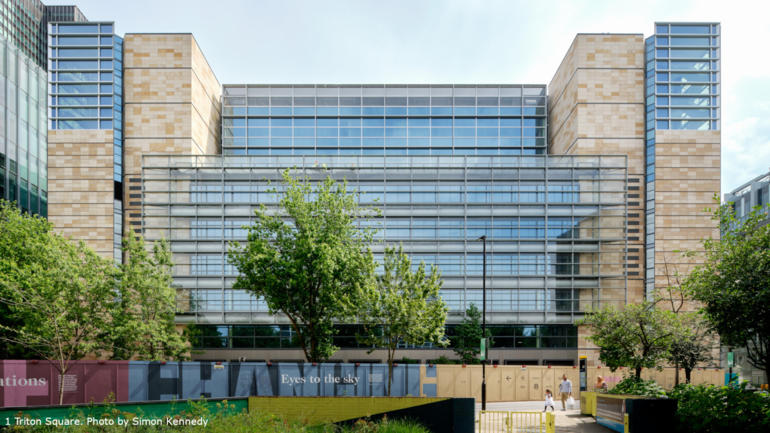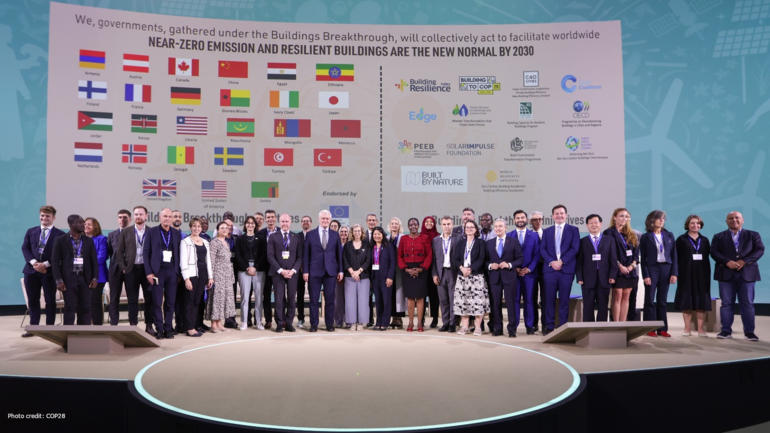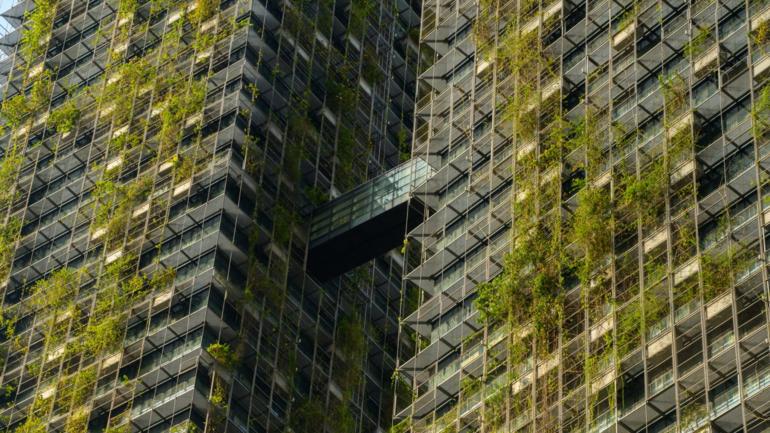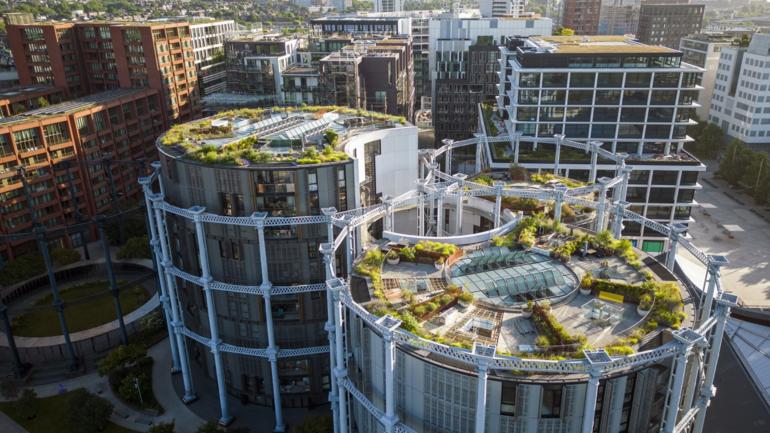On 11 July, a group of WBCSD member companies of the building sector, ranging from construction to design to real estate, convened at the Navigant offices in London. The goal of the workshop was to discuss how participants can set science-based solutions for reducing carbon emissions for the entire building and construction value chain.
The global building and construction sector is continuously growing. Every week, an area the size of Paris is built upon. The building and construction sector is therefore a major resource consumer and thus contributes heavily to greenhouse gas emissions.
Science Based Targets (SBT) are emission reduction targets that are aligned with global mitigation goals as agreed in the Paris Agreement. Targets help provide insights and guidance into how much and how quickly a company needs to reduce its emissions. By setting targets, companies can make a meaningful contribution towards the 2°C decarbonization pathway. By now, over 460 companies have committed to science-based targets.
SBT provide business with an opportunity to unlock potential for innovation internally or to get a competitive advantage. It’s a way for companies to show they take climate change seriously and are willing to measure their sustainability performance. If more and more companies set SBT, the approach will be normalized, potentially massively impacting carbon emissions of entire sectors.
However, there’s still a wide variety in how SBT are set by various companies and sectors. This is why WBCSD’s SBT4buildings project sets about aligning ways targets can be set by companies within the building and construction sector. The project aims to identify challenges and solutions on a coordinated approach to SBT for the entire sector.
The workshop focused on developing a common language and metric for companies from various backgrounds. Also, the companies engaged in mapping the value chain, in order to establish where most emissions take place and who has the ability to do something about that.
Challenges remain, for instance around so-called Scope 3 emissions: indirect emissions that are generated by the lifecycles of construction materials. Scope 3 emissions are not in a company’s direct control, yet often make up the largest part of its total emissions. As one member company expressed: “We would love to build only carbon neutral, but our clients and funders need to recognize the added value of that.”
The pertinence of this remark feeds directly into the purpose of the project as it fosters dialogues and allows for sharing of best-practices. The workshop highlighted further the motivation of the involved companies to give importance to the SBT4buildings project.
Next up for the SBT4buildings project is the development of a scoping paper that will provide a better understanding of the sector, the value chain, life cycle carbon footprints and interdependencies across stakeholders. It will form the basis for developing of a meaningful sector guidance. Insight into this work will be presented during the WBCSD Council Meeting in Singapore in October 2018.
Companies interested in this project are more than welcome to contact Luca De Giovanetti.








